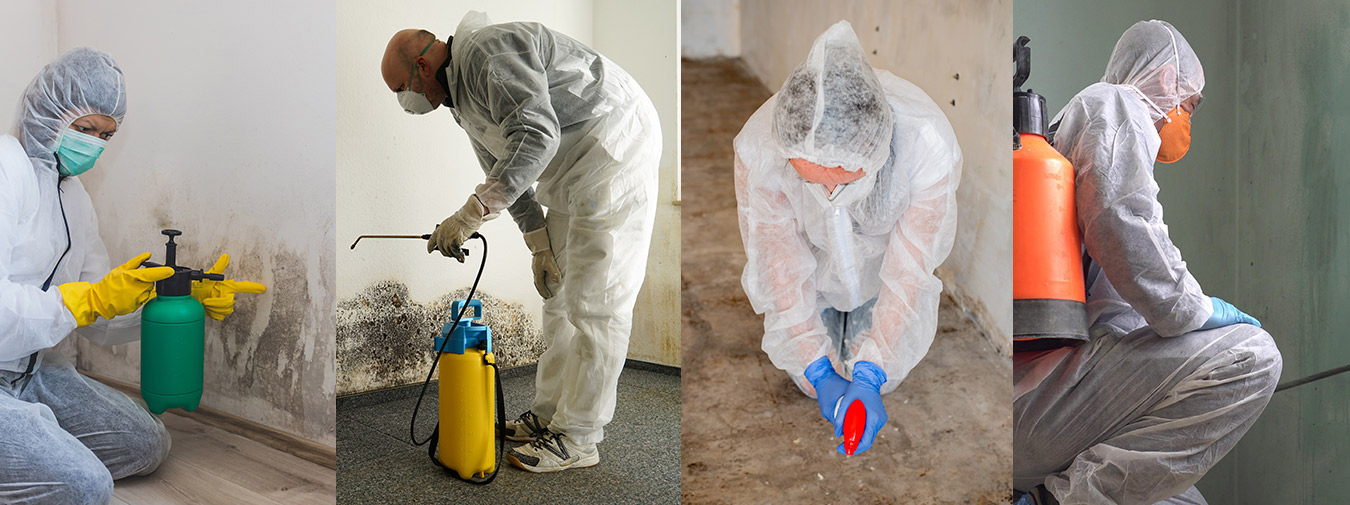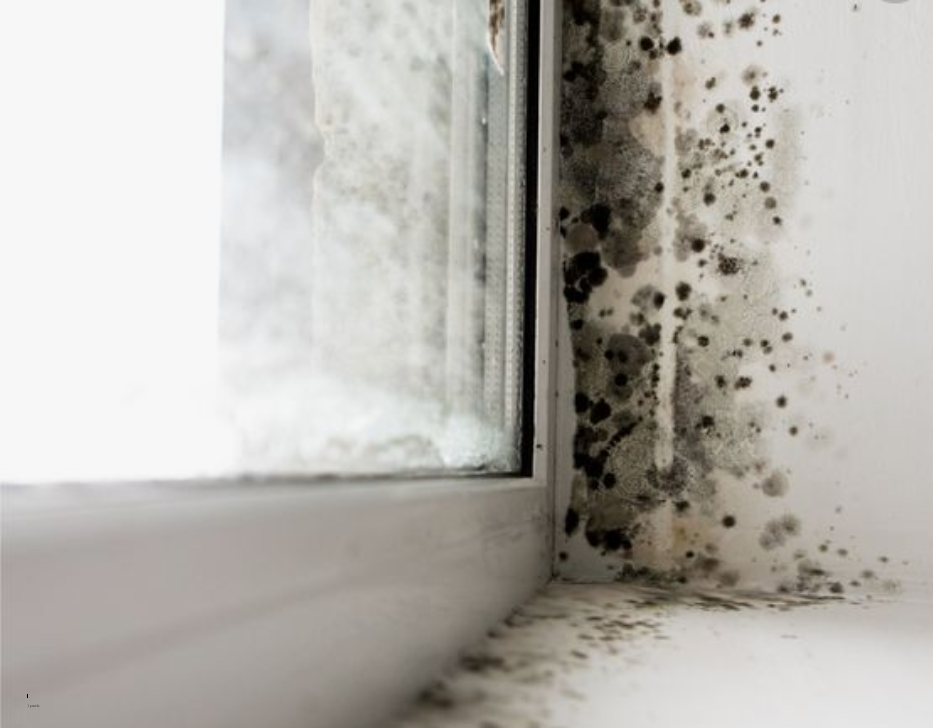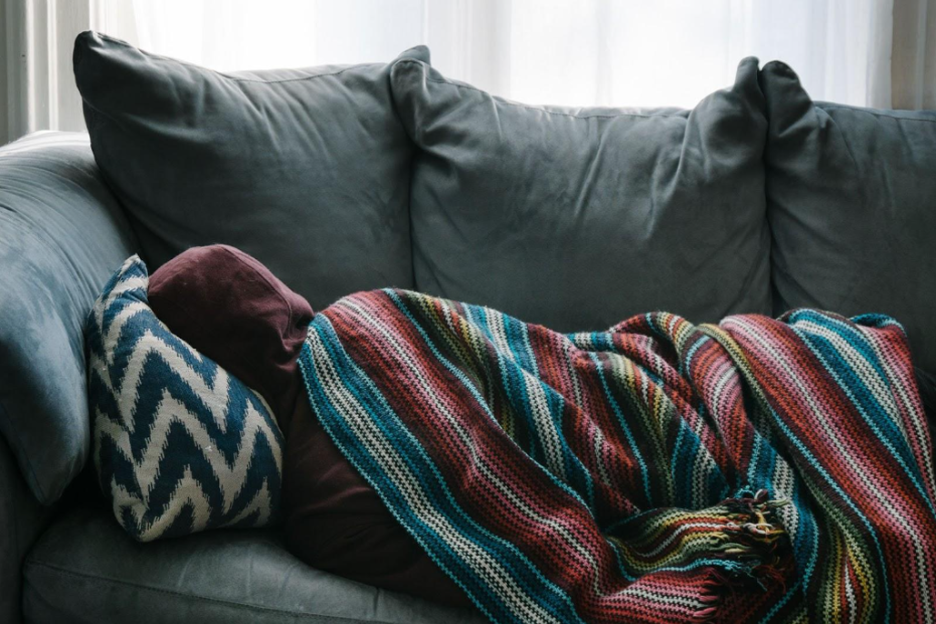FAQs About Mold
When it comes to mold, there’s a lot of information out there, but that doesn’t mean that it is all factual! From methods of cleaning mold to which types of molds are hazardous to your health, misconceptions are everywhere. At TCB EnviroCorp, we believe in providing accurate assessments of all mold situations found in homes, and that starts with offering information on what can and cannot be done to effectively solve your mold problem.
If you find yourself searching the internet for “how to get rid of mold,” consider these answers to frequently asked questions:
Is Mold Only Found in Water-Damaged Homes?
While it’s true that mold frequently forms in areas that have issues such as water seepage or flooding, that’s not the complete picture. Molds and mildews are always present both indoors and outdoors. When mold spores land on a surface that contains any amount of moisture, it can begin to grow. So regardless of whether or not you’ve had recent water damage to your home, all houses have the potential to wind up with a mold problem.
Is Mold Dangerous if it isn’t Black Mold?
While black mold does have a dark appearance, it’s not the only type of mold that can cause ongoing health problems in children and adults. You can’t rely on the color of mold to determine its level of toxicity. Some hazardous molds come in colors such as brown, green, yellow, or white. When it comes down to it, a significant colony of any mold type can release enough spores into the air to affect those with allergies, asthma, and other conditions. That’s why it’s important to address any type of mold growth in a timely manner.
Is Black Mold “Toxic” to Humans?
Calling black mold toxic implies that it is somehow poisonous to those who come into contact with it. In reality, there is no toxic mold although molds can be toxigenic. If a toxigenic mold is growing and releasing spores into the air, it can create unhealthy air quality conditions that affect members of the household. Black mold, also known as Stachybotrys, is one of the most well-known toxigenic molds associated with chronic health issues.
Can Mold Be Treated with DIY Methods?
There’s a lot of DIY advice out there from unreliable sources that tell homeowners treating mold with bleach is enough to fix the problem. Although it is true that bleach can be an effective surface cleaner, mold often colonizes within porous materials that cannot be treated with this DIY method. For mold remediation that eliminates the issue for good, a professional team of mold technicians should be contacted to evaluate the extent of the problem.
TCB EnviroCorp for Florida Mold Removal
There’s no question that mold can be a nightmare for homeowners. However, it’s not a problem that has to empty your pocketbook or cause lasting damage to your home! At TCB EnviroCorp, we provide fast, highly effective mold treatments. Don’t rely on random information from the internet to treat your mold problem. Instead, schedule a mold inspection or indoor air quality testing today. Our experts are here to help you get rid of mold for good!








